Steem Spanish class: learning genders through animals
Genders is one of the most confusing subjects for Spanish learners. That is why I decided to explain this once and for all, in an easy and understandable way. However, I don’t want to make you even more confused than you are, so I will split this subject into several articles so that you can absorb and remember what you learned.
When I say genders, I mean those two words that can be a nightmare for non-native Spanish speakers: “La” and “El”
Most of the times, we use “La” when the gender of the object or living beings is feminine, and “El” when it’s masculine. There are exceptions, which we will go over in the next article.
Let’s compare some animal genders and learn new words!
(Notice that when referring to the animal as a whole, the genre is always masculine).
I will write some examples so you can learn some grammar too :)
León: Lion
El León:

"El león come mucho"
=The lion eats a lot.
"El león es el rey de la selva"
=The lions is the king of the jungle.
La Leona:

"La leona no tiene melena."
=The lioness doesn't have mane.
Vaca: cattle
La vaca:
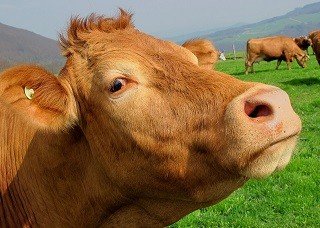
"La vaca come pasto."
= The cow eats grass.
El toro:
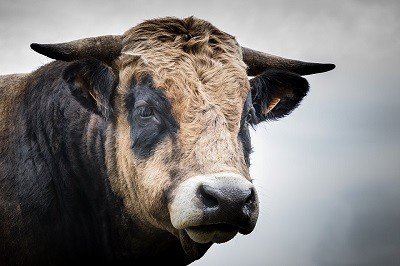
"El toro tiene cuernos."
= The bull has horns.
Perro: Dog
El perro:

"El perro ladra mucho"
=The dog barks a lot.
La perra:

"La perra tiene hambre"
=The dog is hungry.
El gallo y la gallina: rooster and hen
This time, the name of the animal as a whole doesn’t exist, hence it’s said by separate. "gallo" for rooster and "gallina" for hen. There are a lot of exceptions like this one in Spanish and you have to learn them by heart.
El gallo:
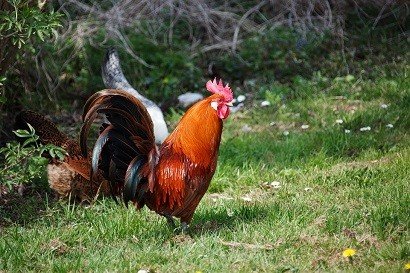
"El gallo canta por la mañana"
=The rooster crows in the morning.
La gallina:
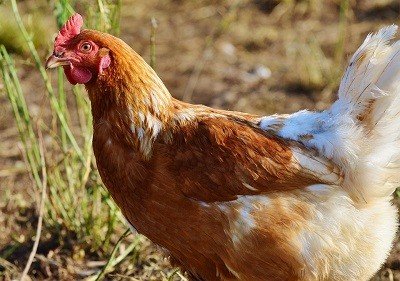
"La gallina pone un huevo"
=The hen lays an egg
Gato: Cat
El gato:
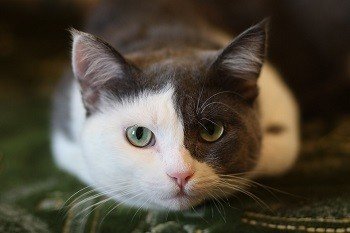
"El gato es tierno"
=The cat is cute.
La gata:
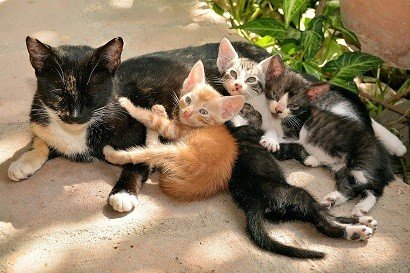
"La gata está con sus gatitos"
=The cat is with her kitties.

This is all for today, I hope you learned something new, and let me a comment down below if you have any question or suggestion for the next topic. Thank you for reading!
Images: 1,2,3,4,5,6,7,8,9,10.

Great post! a lot of people that come from languages that don't differentiate genders can sometimes find this very confusing!
Thanks!
True, this is without a shadow of a doubt one of the top 10 doubts about Spanish, very confusing specially for English speakers.